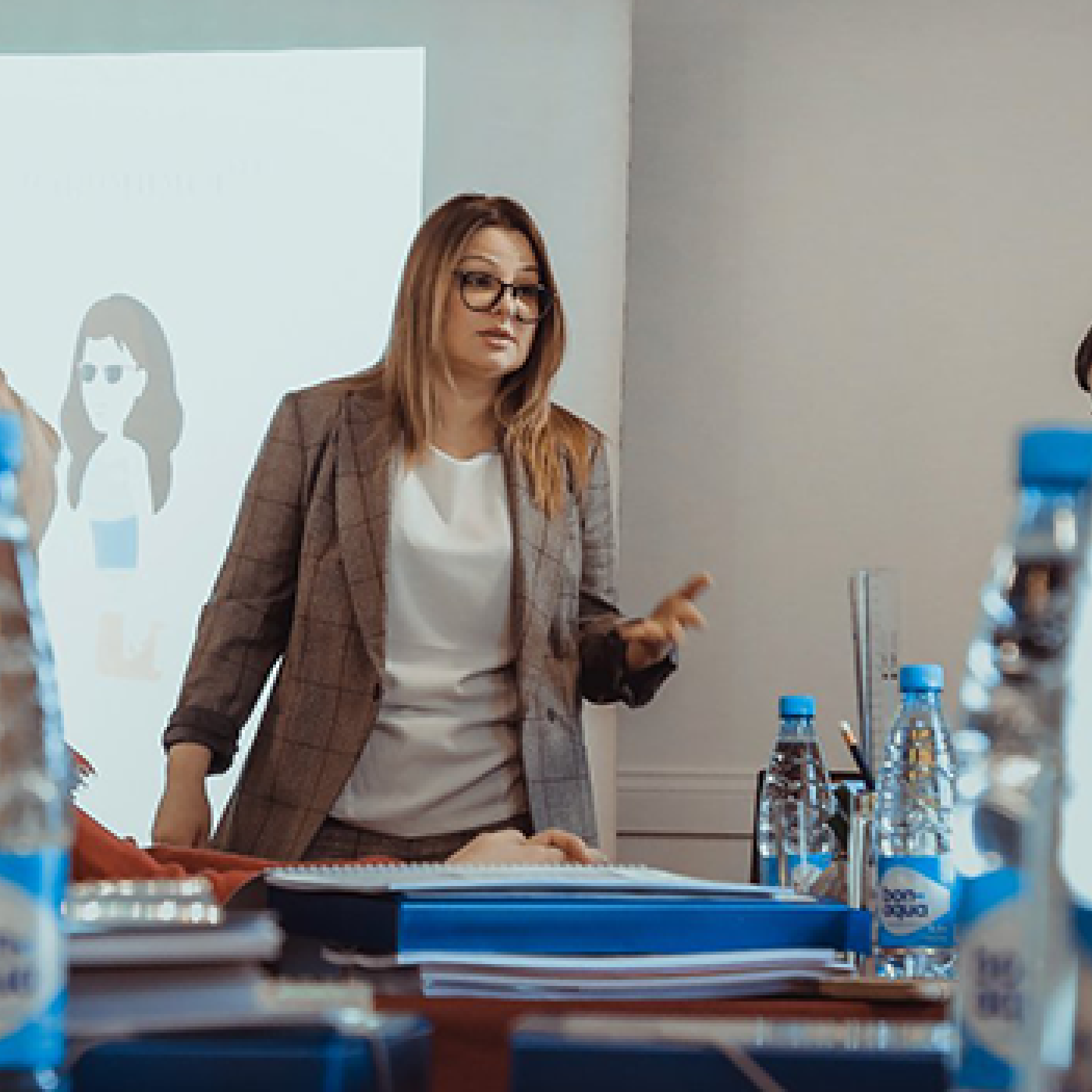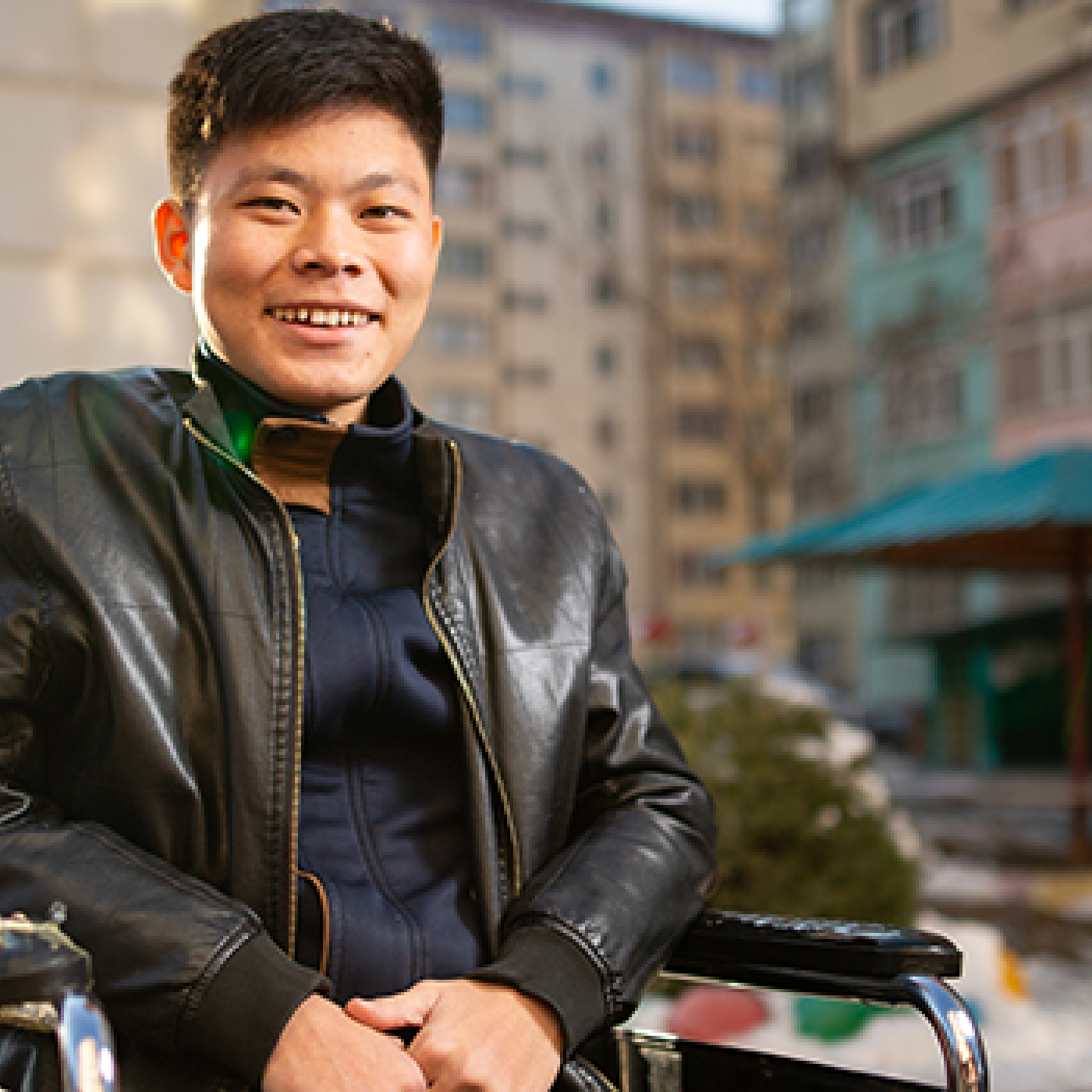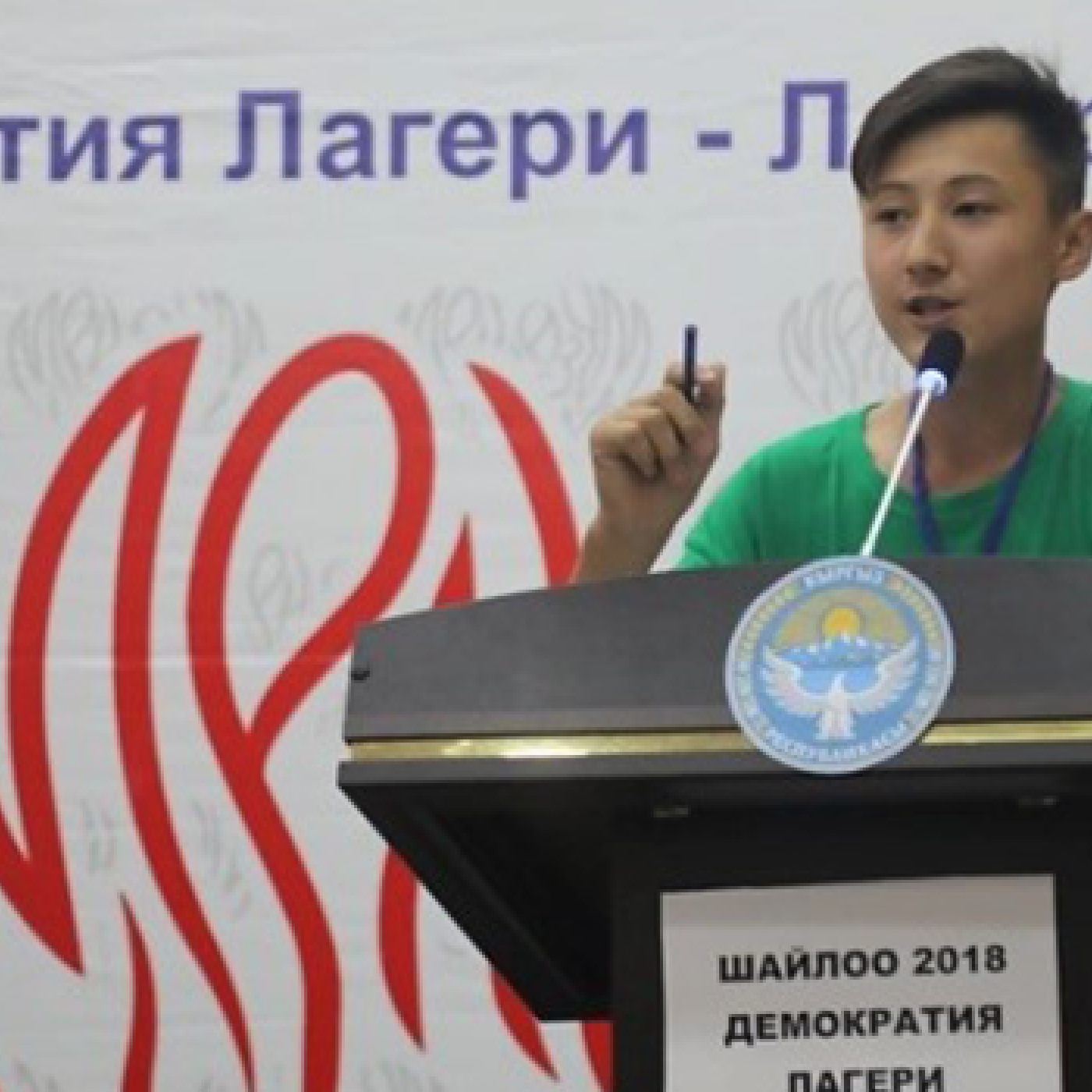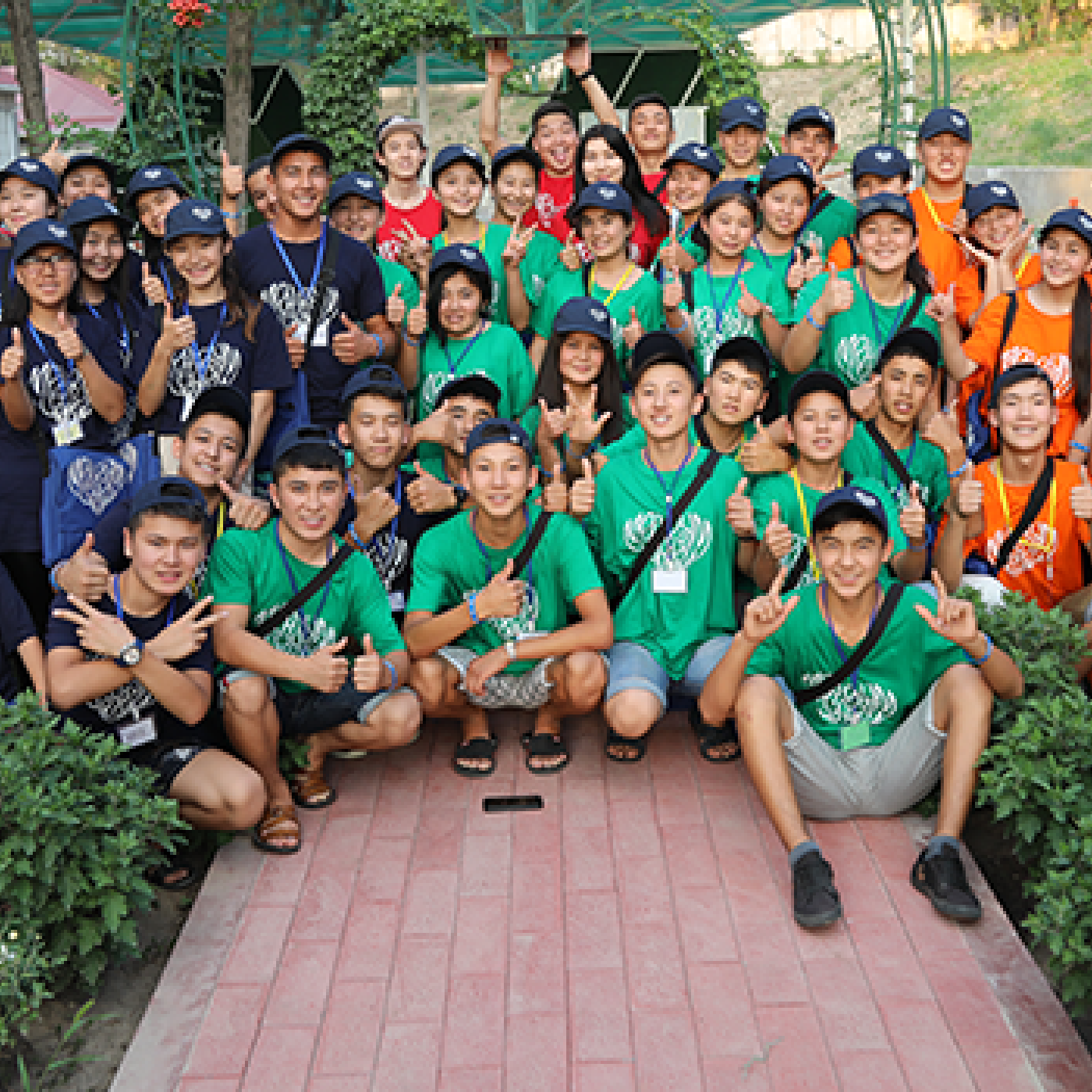Tools & Resources
Filter by
Type
Publication date
Language
Type
Publication date
Language
News & Updates
Feature
Breaking Barriers, Building Access: Creating a Culture of Inclusion in Kyrgyzstan
In an effort to increase civic participation among marginalized groups in Kyrgyzstan, in February 2018, IFES organized a contest for persons with disabilities, which provided them with an opportunity to design a project or activity that will increase access to decision-making processes. Aiperi, a participant from disabled people’s organization Nazik Kyz (“Tender Girl”), was awarded a small grant to make her project a reality.
News & Updates
Feature
Women of IFES: Q&A with Renata Levovski
IFES’ leadership in the field is comprised of a cadre of women professionals with firsthand experience administering elections in every region of the world. In this Q&A, Renata Levovski reflects on her professional journey in democracy development, the different countries where she has worked and the many salient issues she has been able to address through her career at IFES.
News & Updates
Feature
Democracy Camp Alumnus’ Journey of Self-Discovery and Empowerment
Ilyas Alymbek Uulu, who is 16 and uses a wheelchair, is one of an estimated 30,000 youth with disabilities in Kyrgyzstan. He performed the leading role in an IFES-supported public service announcement and later participated in one of IFES’ annual democracy camps, experiences which profoundly changed his life.
News & Updates
Feature
20 Years of Democracy Camps: Building a Legacy of Youth Empowerment and Engagement in Kyrgyzstan
Kyrgyzstan is a burgeoning democracy full of young people. Over 45 percent of the population is below age 24, and over 30 percent is 14 or younger. Now a 20-year legacy, IFES Democracy Camps help remove the fetters of the past by empowering young people with critical skills and confidence to become the next generation of leaders.
News & Updates
Feature
Empowerment and Inclusion Through Youth Democracy Camps in Kyrgyzstan
IFES recently completed two annual summer democracy camps for youth ages 14-19 in Kyrgyzstan. This year’s camps build upon IFES’ legacy of more than 20 years of democracy camps, with over 80 camps conducted across the world, including 50 in Kyrgyzstan alone.
Publication
Report/Paper
Regional Director on “The Elections We Want” in Africa
As part of its annual report, the Wilson Center Africa Program asked IFES Regional Director for Africa Rushdi Nackerdien to contribute an essay on recent African elections. His piece, “The Elections We Want,” covered 2017 elections in Angola, Rwanda, Liberia, Senegal, the Gambia, and Kenya, and their implications for election practitioners moving forward.
January 31, 2018
News & Updates
Feature
Photo Gallery: 2017 Kyrgyz Republic Presidential Elections
On October 15, the Kyrgyz Republic held presidential elections. This was a historic vote; the first “regular” transition of power from a sitting president who has completed a constitutionally defined term of office to an elected successor. Prime Minister Sooronbay Jeenbekov, who is backed by outgoing President Almazbek Atambayev’s Social Democratic party, won the election with 54.3 percent of the about 1.7 million votes cast.
Election FAQ
Elections in the Kyrgyz Republic: 2017 Presidential Elections
On October 15, the Kyrgyz Republic will hold presidential elections. The election will take place in the context of legal changes introduced by the 2016 constitutional referendum and the 2017 amendments to the Constitutional Law on presidential and parliamentary elections.
News & Updates
Feature
IFES Celebrates International Youth Day
The United Nation’s International Youth Day 2017 is dedicated to “Youth Building Peace.” As a global leader in democracy promotion, IFES recognizes the importance of cultivating the next generation of leaders. On International Youth Day, we celebrate the contributions of young people to peace and justice.
Election FAQ
Elections in Senegal: 2017 Parliamentary Elections
On July 30, Senegalese voters will elect the 150 members of the National Assembly. In total, 47 lists of parties and coalitions will present candidates for election. Elections in the National Assembly are divided into two portions. Ninety members of the National Assembly are elected through the majority system in the country’s 45 electoral constituencies. The other 60 seats are elected through proportional representation, with a national quota determined by dividing the number of valid ballots cast by the number of seats to be filled.











